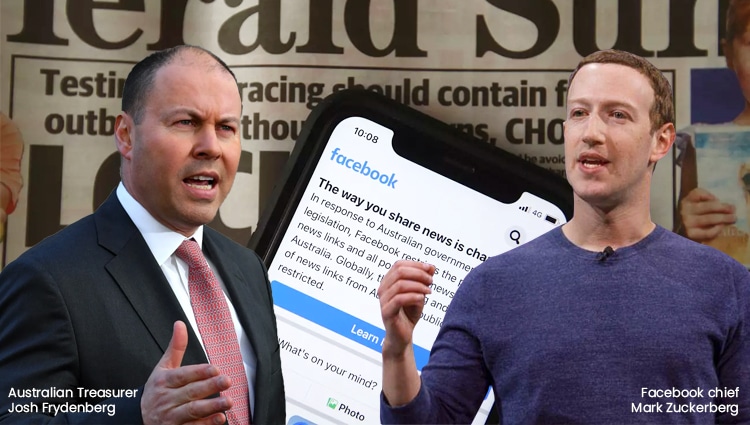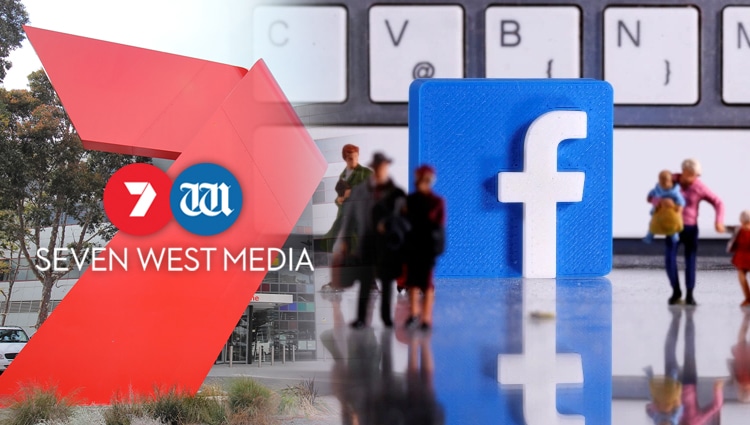A month ago, the social media giant shocked Australia (and the world) when it imposed a news ban in the country.
The move was a response to the AU government’s upcoming legislation requiring Facebook and Google to compensate publishers for news articles published on their platforms. The result? A sudden media blackout that affected not just publishers but even entire pages with critical updates. State health departments and the West Australian fire and emergency services page, along with several charities, all found themselves unable to post anything.
Obviously, it raised a significant uproar. A news blackout in the midst of a global pandemic? No wonder Australians were threatening to boycott the platform altogether.
But now, it looks like there’s been a ceasefire.
Facebook Reverses The News Ban in Australia

About a week after the controversial news ban, Facebook restored news content to its Australian users. As per Australian Treasurer Josh Frydenberg, “Facebook has re-friended Australia.”
This occurred sometime after Frydenberg engaged in talks with Facebook chief Mark Zuckerberg. Apparently, the parties involved reached a compromise at the 11th hour while the Senate continued debating the new legislation.
“We’re pleased that we’ve been able to reach an agreement with the Australian government and appreciate the constructive discussions we’ve had with treasurer Frydenberg and minister Fletcher over the past week,” he said in a blog post.
“After further discussions, we are satisfied that the Australian government has agreed to a number of changes and guarantees that address our core concerns about allowing commercial deals that recognise the value our platform provides to publishers relative to the value we receive from them.”
While many criticized Facebook for the ban, they’re not the only ones apprehensive about the new proposed laws. Tim Berners-Lee, the very founder of the world wide web, also spoke out against it. He had concerns about how forcing companies to pay for content might make the internet “unworkable.”
There were also concerns about how the law might have been a result of News Corp’s heavy lobbying. Media mogul Rupert Murdoch owns many of Australia’s major newspapers through this company, and many felt that the new legislation would just line his pockets further.
Facebook, however, isn’t coming out of this unscathed.
Moving Forward

So far, the Australian government has agreed to make some new amendments to the legislation.
First, a “forced negotiation” with news outlets is currently off the table. Facebook retains the ability to decide which news will appear on the platform.
Second, the code will not apply to the social media giant if it pays enough publications for content. The government also agreed that Facebook and other platforms would be given a month’s notice to comply should they have to abide by the code eventually.
However, this doesn’t mean that another news blackout isn’t on the cards. Campbell Brown, Facebook’s global VP for partnerships, indicated that the company could pull the plug on the news feature again. This would be the case if the AU government decides to apply the code to the social media giant in the future.
Currently, Facebook is negotiating deals with various media companies. Seven West Media was the first to provide a letter of intent to provide Facebook with news content. It owns the West Australian newspaper and the Seven TV network.
Still, the fact remains that the episode could serve as a blueprint for countries that seek to regulate big tech’s unchallenged reach. Only time will tell if and how they’ll implement similar measures.
For now, we should probably look into just how much we’ve been depending on Facebook to connect with others. And perhaps seek an alternative while we’re at it.
Serena has been working remotely and writing content for the better part of the last decade. To date, she's written for Pepper.ph and Mabuhay Magazine, among others, and has churned out more than a thousand articles on everything from The Basics of Stock Market Investing to How to Make Milk Tea-Flavored Taho at home. Hermits, aspiring hermits, and non-hermits with interesting project propositions may email her at serena.estrella10@gmail.com.
























 Zero Recruitment Fee
Zero Recruitment Fee